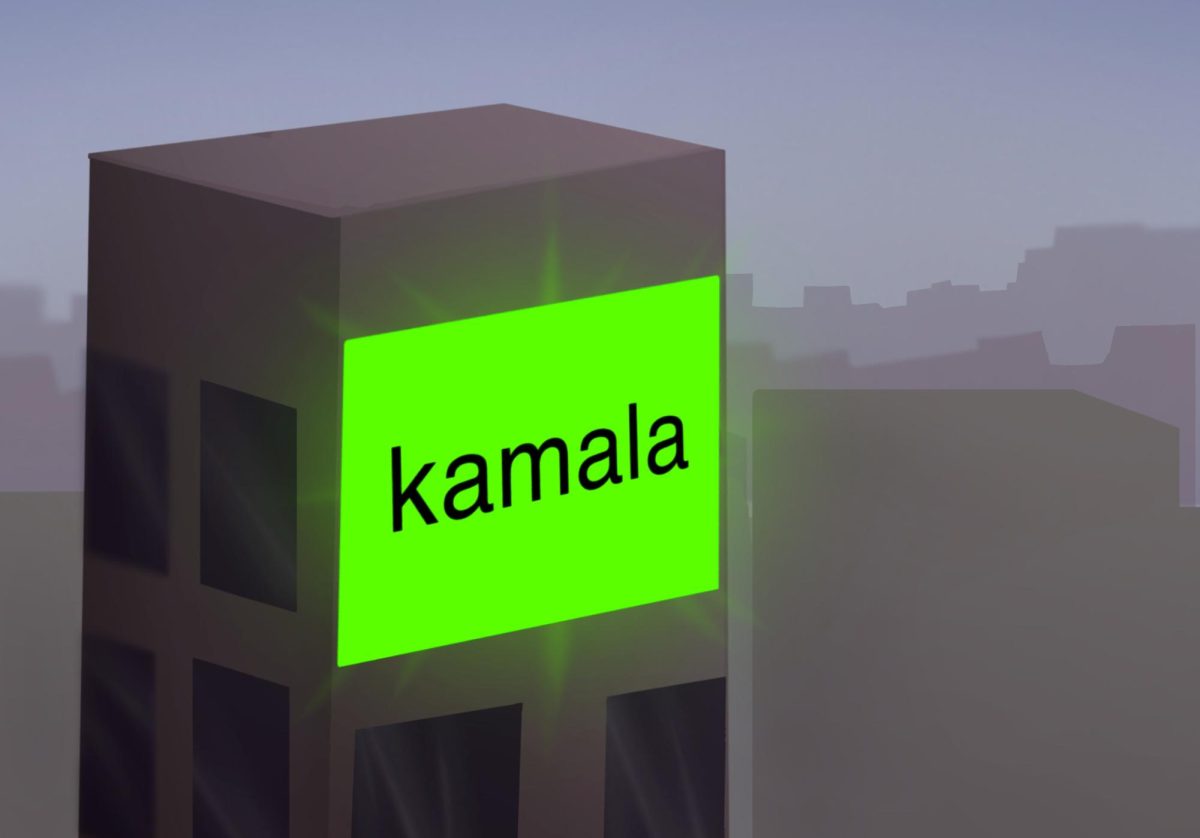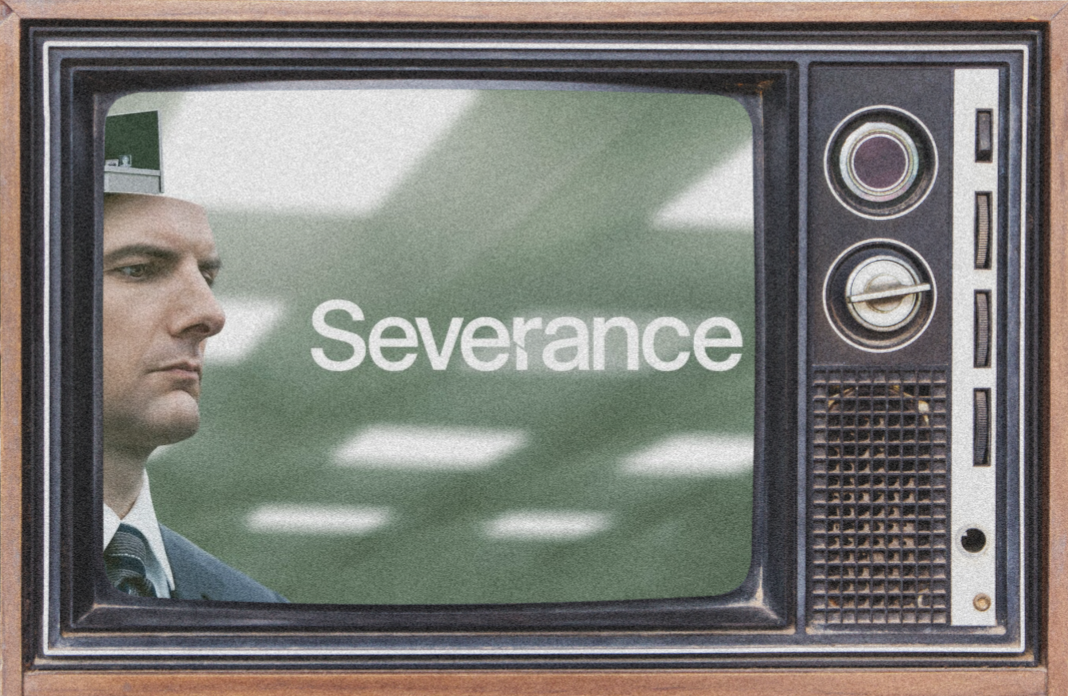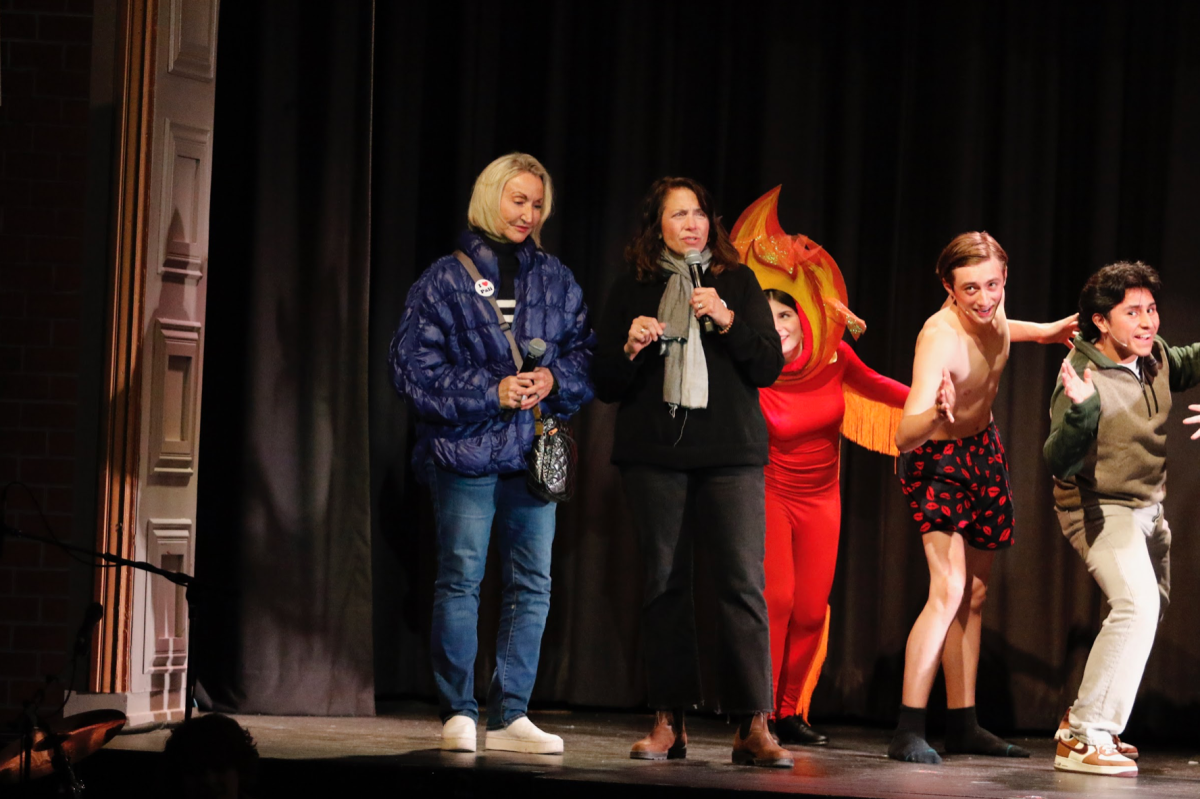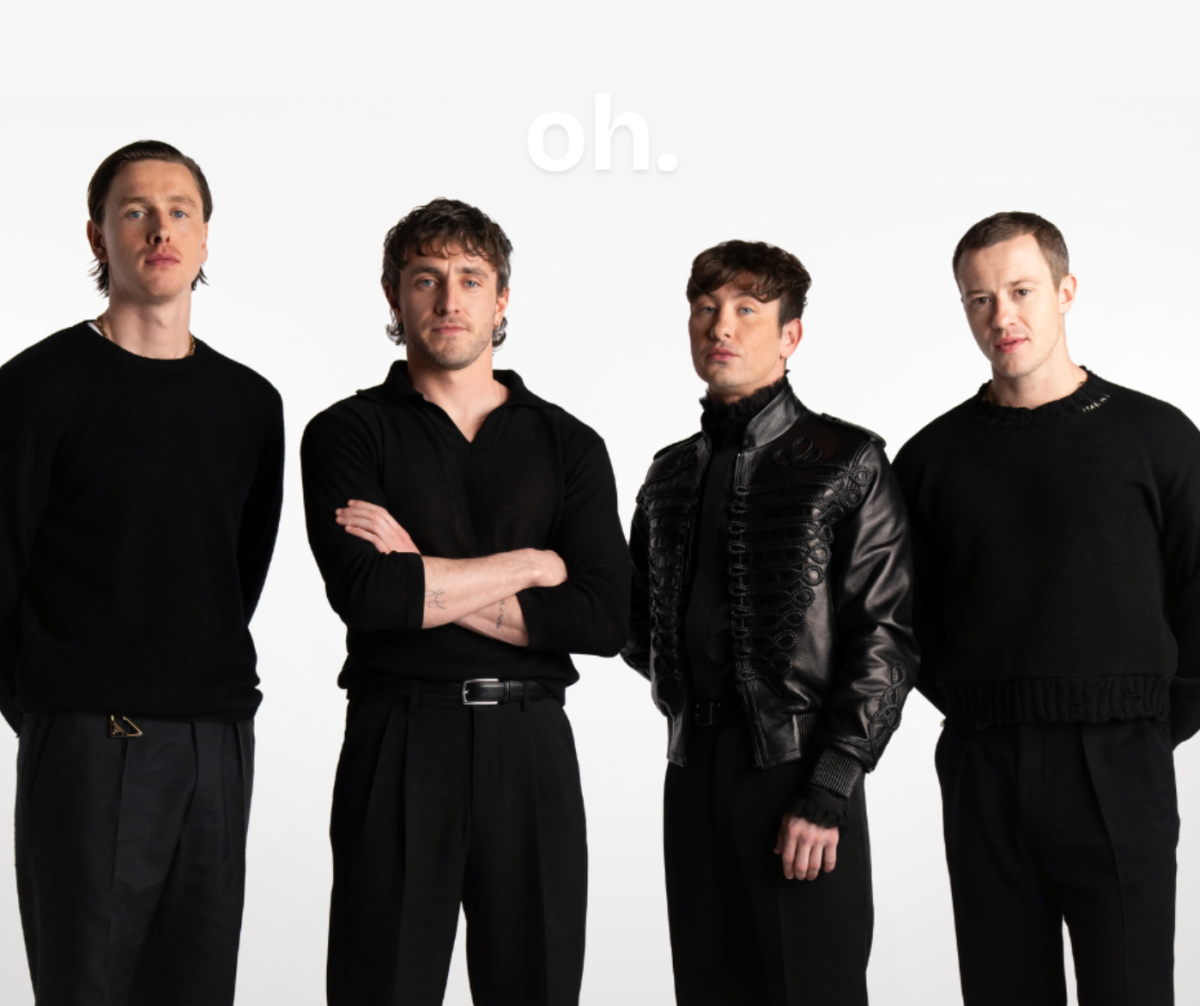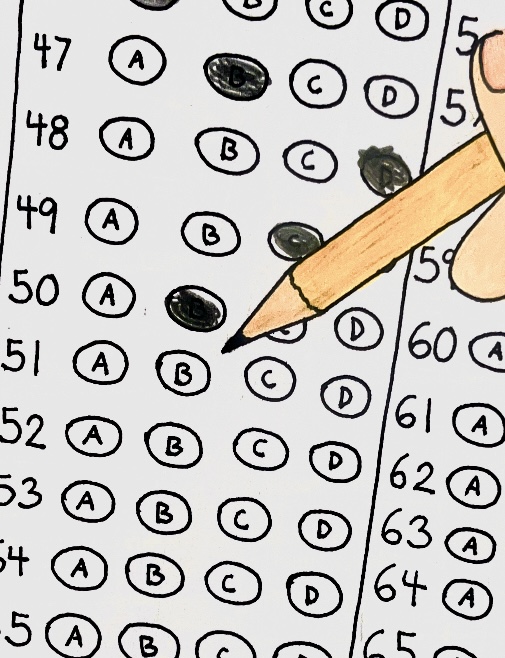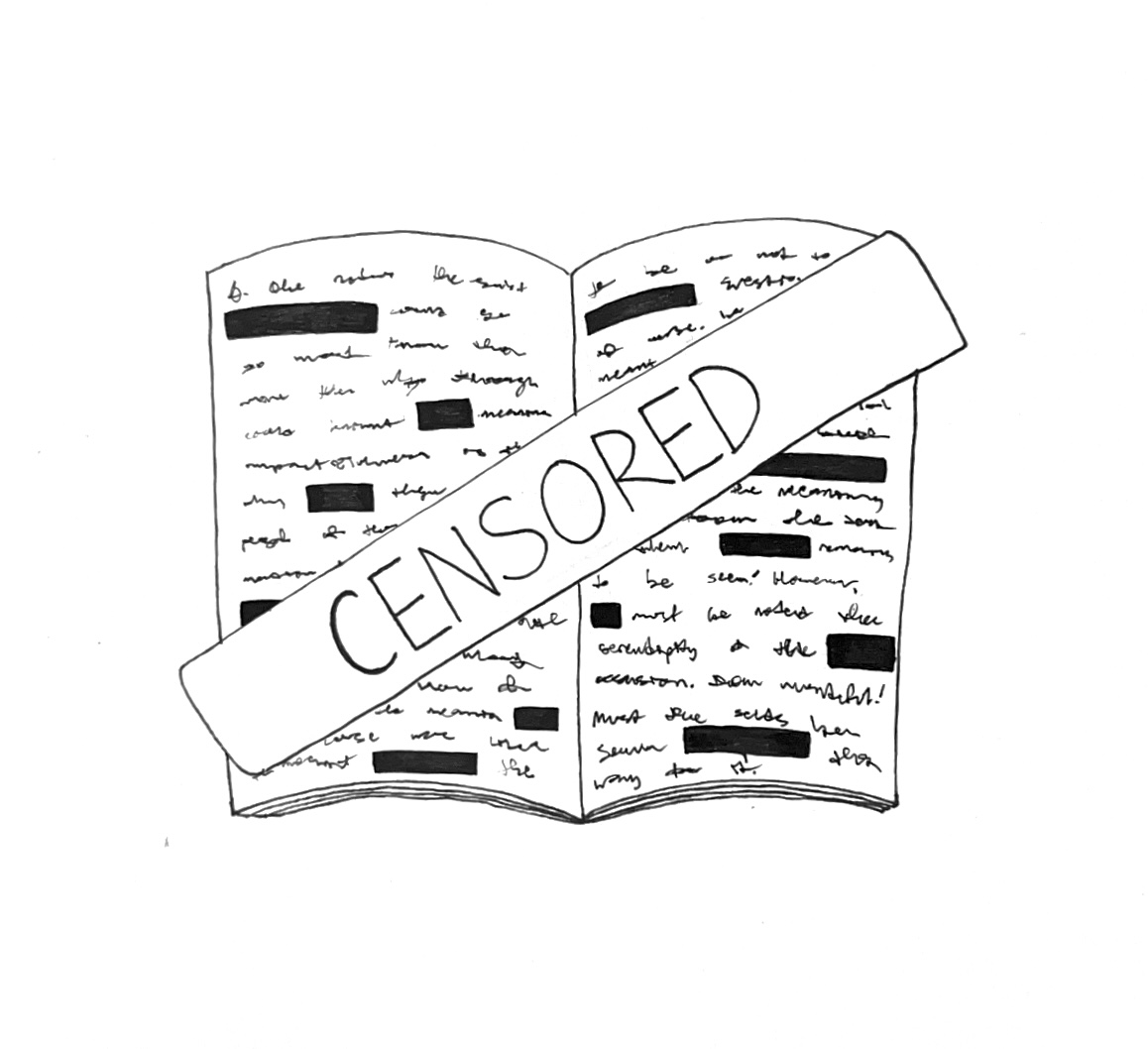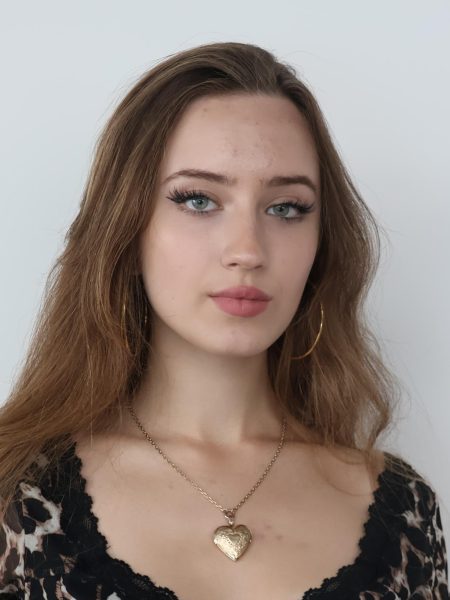“Kamala is Brat” wouldn’t have trended without a tweet from pop icon Charli XCX. In any other context, the phrase would seem absurd, but a growing intersection between pop culture and politics means that millions of young voters are interacting with US politics through the lens of the media they consume. In releasing her sixth studio album titled “brat” in June 2024, Charli coined her own version of the term: Someone who is unapologetically confident.
This seemingly informal message of support from Charli carries more weight than one may realize.
In an interview with Vulture, Charli explained that she wanted to be on “the right side of democracy, the right side of women’s rights.” Her tweet stating “Kamala is Brat” garnered over 56 million views on X, exposing her otherwise music-focused audience to her political views.
Charli’s fanbases’ positive reaction to her support for Harris encouraged Harris’ social media team to fully embrace the “brat” theme. As Harris’ team changed their background photo to match the “brat” album cover on Twitter and followed trends related to the “brat” album on TikTok, younger audiences began to gravitate towards their campaign.
Pali senior Kaiulani Viles spoke about how the Harris campaign has been catering to Gen-Z tastes through social media in hopes of drawing in young voters.
“On TikTok, Kamala Harris is promoting her campaign in a lighthearted way, which is something that not many other politicians have been able to do,” Viles said. “Politics are often presented as hostile and serious, but [Harris] is much more positive — and even funny.”
Following this trend, many Gen-Z voters who support Harris have begun to make their own humorous videos related to the campaign.
“Now, [TikTok] is the place where Gen-Z is getting involved in the campaign,” Viles said. “It’s easy to create videos to promote voting, or the candidate that you support, especially when it’s your entire [For You Page].”
In today’s political climate, social media posts and celebrity endorsements have more sway on elections than many may anticipate.
A mere two minutes after the conclusion of the Sept. 10 Harris v. Trump debate, Taylor Swift announced her support for Harris to her 284 million Instagram followers.
“[Harris] is a steady-handed, gifted leader and I believe we can accomplish so much more in this country if we are led by calm and not chaos,” Swift wrote.
According to CBS News, a link that Swift provided alongside her message brought 405,999 visitors to vote.gov over a 24-hour period. Prior to her posts, vote.gov averaged 30,000 visitors per day.
Swift has roughly 75,000 audience members at each of her stadium tour concerts; she brought four times this amount to the website in just one day. By providing her audience with a resource for voter registration, she demonstrates an admirable desire to use her influence to help younger Americans realize the importance of their vote.
However, not all celebrities believe that they should involve themselves in the political world.
Chappell Roan is another rising pop star with a primarily Gen-Z audience. Stressing the tendency of younger audiences to blindly adopt the views of those they follow, Roan said she believes that endorsements can send naive voters down a path where they don’t do their own research. In an article by Rolling Stone, Roan stressed the responsibility to “question [one’s] algorithm” and to question the factuality of each post.
In a presidential election with candidates who are neck-to-neck, it is increasingly important to advocate for young and eligible people to understand the importance of voting. Roan’s ambiguity regarding voting only discourages voters from performing their civic responsibility. Viles believes that Roan’s comments will impact the turnout of democratic Gen-Z voters.
“As a [Chappell Roan] fan, I was surprised,” Viles said. “I would expect her to be a die-hard advocate for voting, especially against Trump, as he goes against what she stands for.”
One person who has spoken out against Roan’s statement is American activist and LGBTQ+ rights advocate Charlotte Cylmer. In a tweet, she called Roan’s statement an “excessively privileged position to take [because] life under Trump (again) would be horrific for us all.”
While it’s important for voters to form their own opinions regarding politics, celebrities have a responsibility to use their platform for positive change. It’s crucial not to underestimate the influence that individuals like celebrities wield over the audiences who trust their opinions, especially in the context of a national election.
Chappell Roan’s missteps highlight the risk of an apathetic mindset that’s received by millions of followers. These moments can have real consequences in shaping voter perspectives, especially among young audiences. If celebrities want to engage in political discourse, they should do so thoughtfully and with respect for the gravity of the issues at stake. If Roan didn’t have anyone to endorse, she didn’t need to speak out on the election in the first place.
Contrarily, Charli XCX and Taylor Swift used their social media platforms to clearly and concisely state their opinions about the election. Their message incited their audience to become involved in the election, while Chappell Roan’s statements only increased doubt of the two main nominees. When celebrities are given a platform, it is important to use it – with awareness and maturity in mind.


